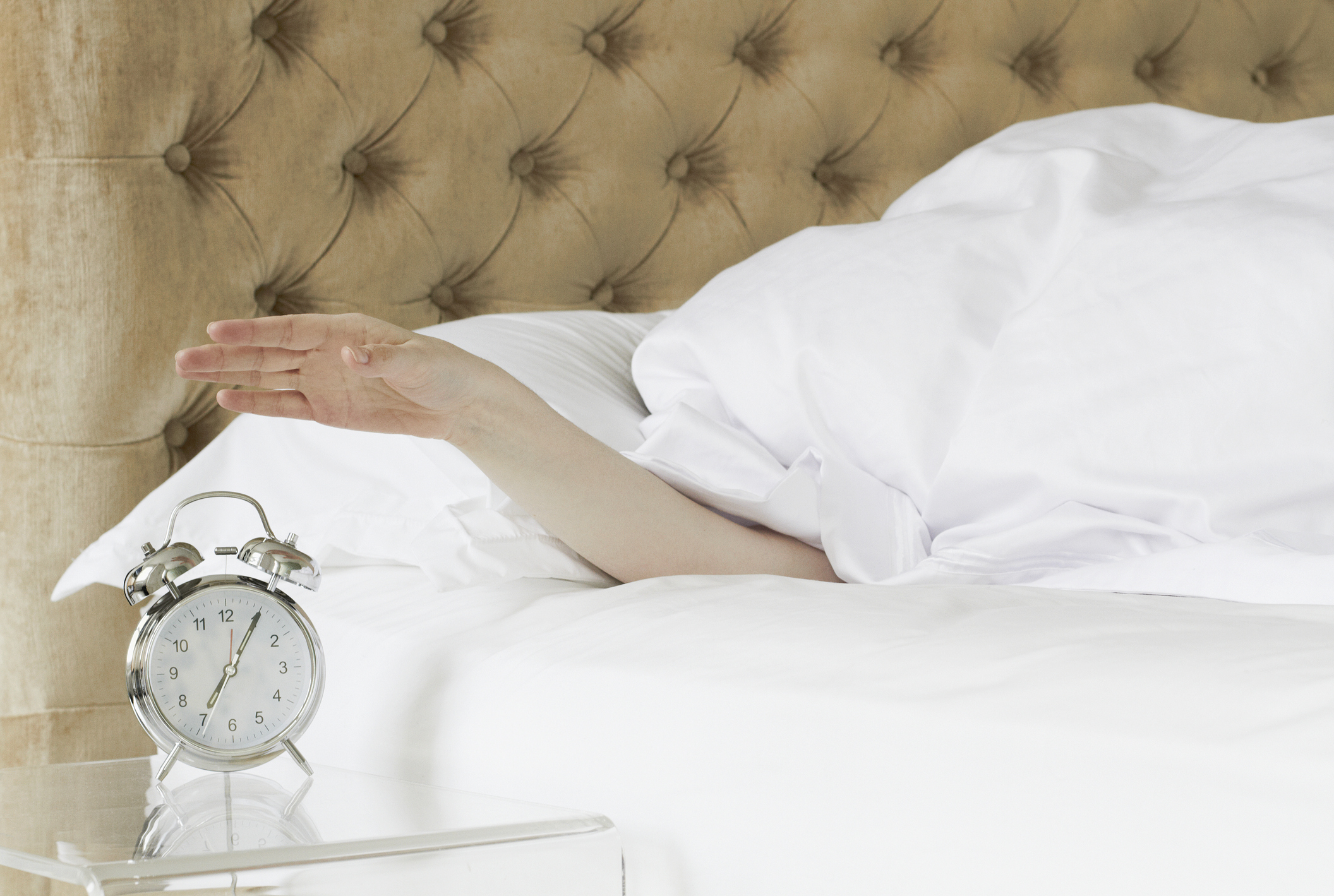Why some people thrive on five hours sleep, but others need 10 hours

We hear a lot about the sleep habits of the powerful people who manage to not only survive, but thrive, on less sleep than the rest of us.
Barack Obama, Julia Gillard, Elon Musk, Margaret Thatcher and Richard Branson are among those who have proclaimed to function on less than the recommended seven to nine hours of sleep per night.
US President Donald Trump claims to sleep for just three hours per night.
But what makes them different?
Dorothy Bruck, Chair of the Sleep Health Foundation, said naturally short sleepers do exist, but they’re uncommon.
“Less than 3 per cent of people are naturally short sleepers and can handle it day in and day out without any adverse consequences,” she told 3AW’s Tony Jones, filling in for Neil Mitchell.
“We do hear a lot about the famous, successful people who seem to get by on short sleep, but we don’t know whether they’re among the naturally short sleepers who can do it without any adverse consequences.
“Sometimes when we look at these people we find they’re living on high doses of caffeine, and they’re not at their peak. They’re not concentrating as well as they should, they’re not behaving as well, maybe they’re a little bit impulsive.”
Ms Bruck said being a ‘short sleeper’ certainly isn’t a prerequisite for success, either.
“Einstein, for example, he often had about 10 hours sleep!,” she said.
“It’s part of that continuum of individual variability, and some people do need more than what we say, the seven to nine hours, some people are naturally long sleepers.”
But missing out on a few hours of shut eye every now and again isn’t a huge problem, as long as it doesn’t happen repeatedly.
“The first day, you don’t necessarily feel so bad,” Ms Bruck said.
“What’s really bad is when it accumulates.
“Then you find all sorts of effects on your concentration, your ability to drive and attend, your reaction time, and also your mood. You start to get really irritable and grumpy, and perhaps a bit depressed or sad.”
And if you really need a nap, keep it short!
“Keep it to less than 20 minutes,” Ms Bruck said.
“If you have an indulgent nap and it’s an hour, or an hour and a half, then it’s pretty certain that’s going to affect your ability to go to sleep that night.”
Press PLAY below for more.
Image: Flash Pop















